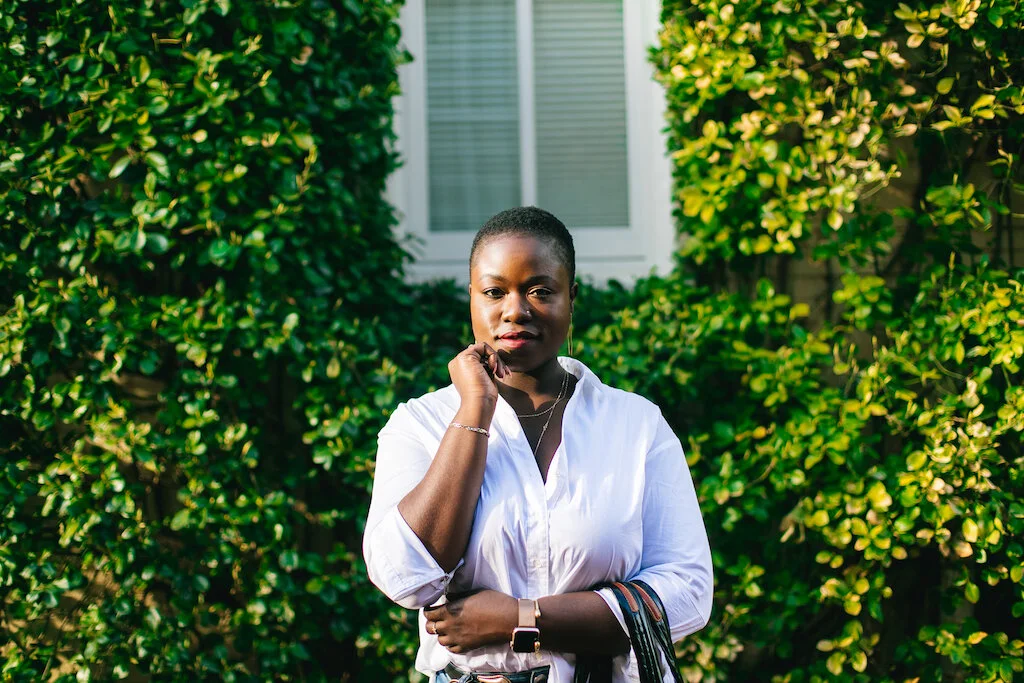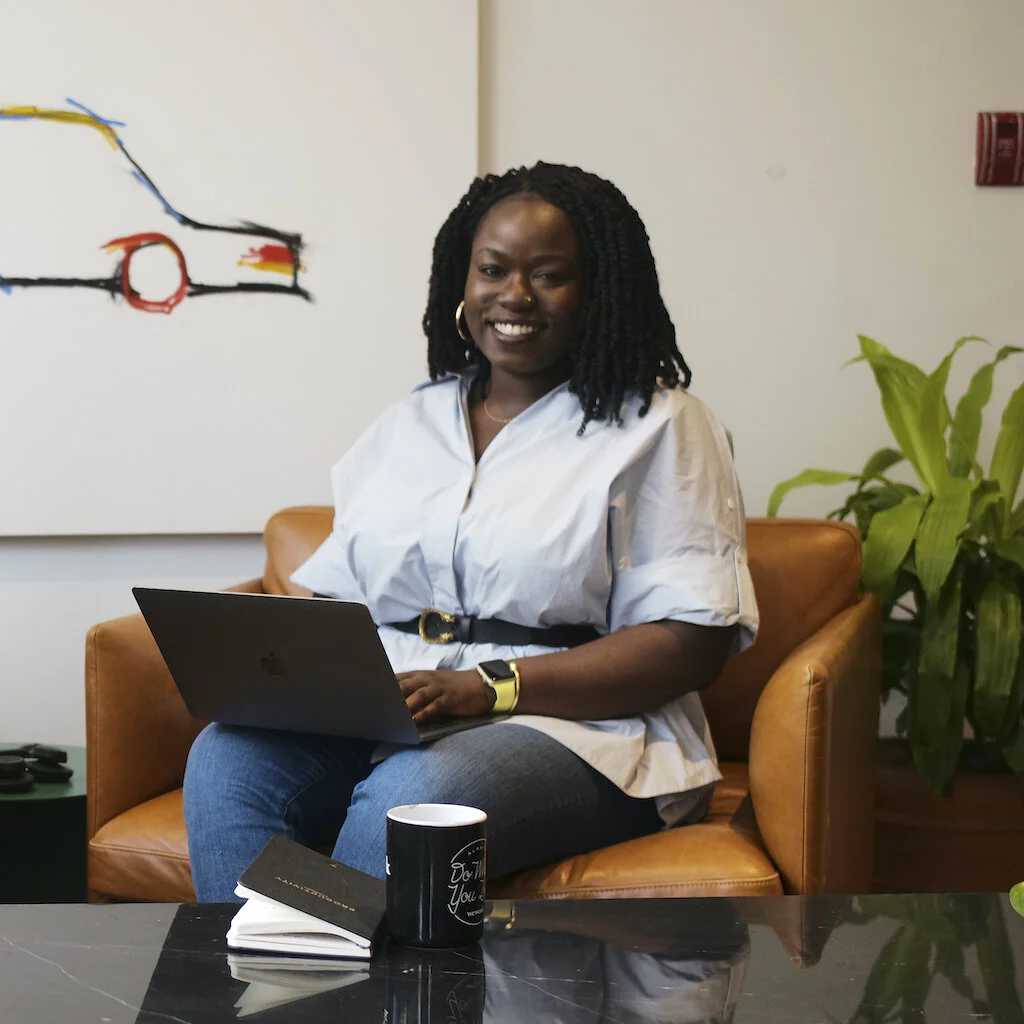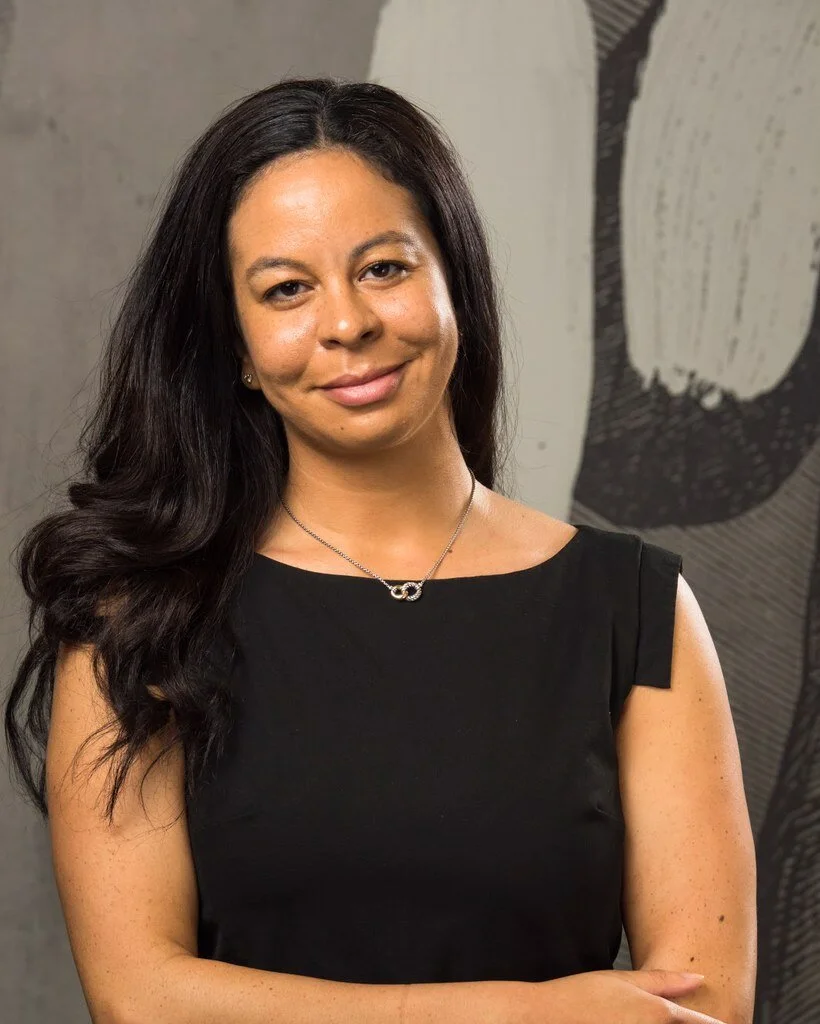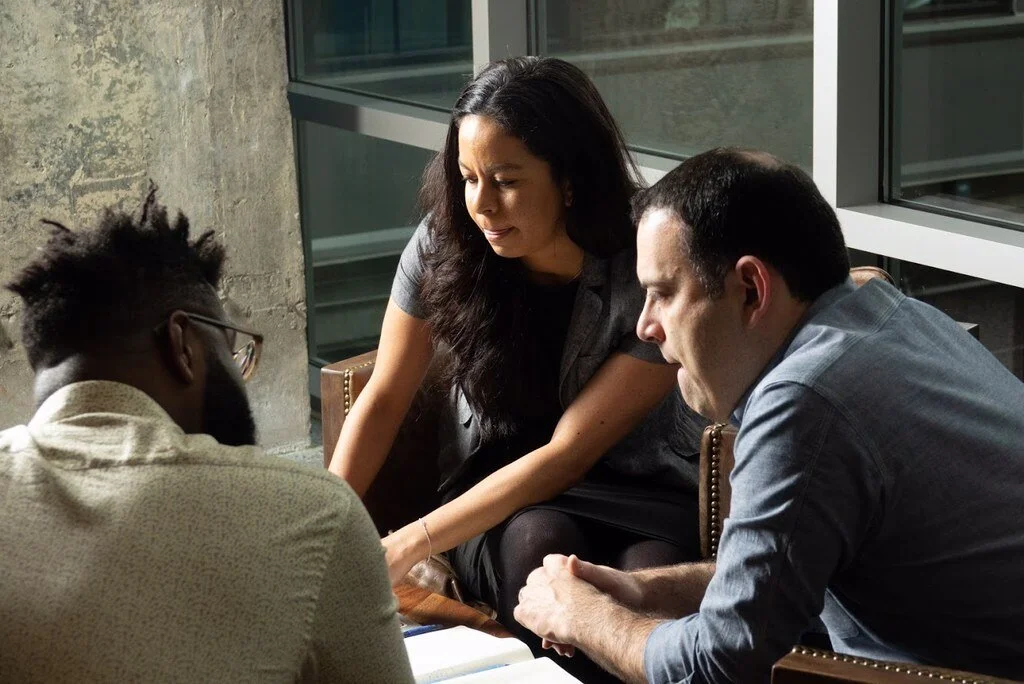Yemi Adewunmi, Co-Founder and Chief Product Officer, Civic Eagle
Hi Yemi! Can you describe what you do?
Sure. My current role is Co-founder and Chief Product Officer at Civic Eagle. It’s a startup company that I co-founded with my business partners. We build software as a service, for companies and organizations that need to track legislation, and organize their policy management workflow. It’s a pretty niche product for people who are policy professionals – policy analysts, lobbyists, government relations, state and government affairs teams. We work with companies and non-profit organizations. As a co-founder, my role consists of a lot of things. But, if I were to say what my trade or skill is, it’s product design.
Product design is a relatively new category in the industry. It is the process of designing the technology tools that we use day-to-day, though it can include technology and non-technology products. Products can range from a software solution, like what my company designs and sells. Or, for example, it can be a notebook that is a product that you design and sell physically. Beyond just my job title, my passion is designing and developing great products. And what that really is about these days is usability. It encompasses a mixture of technology and also psychology because usability is about human behavior. Then there’s the visual design component of it, which I love as well. I do a lot of what they call user interface design (UI design). Because my company sells software, my role is to figure out how to market it, and put it in front of the right people to purchase it, use it, and enjoy it. So, it’s a mixture of creative arts but then strategy, as well.
Awesome. That’s such a clear explanation. And so, you mentioned that you have a passion for building products. Where did you develop this passion?
Growing up, I really wanted to be a lawyer. I actually started my career in policy and politics. My family was really engaged in my community, and we understood the value of the public sector. So I was always attracted to law, to debate, to right versus wrong. But in college, I had less and less of a passion to go into the legal profession. When I graduated, though, I did get a job in policy—a cousin of law—and I thought that was actually more compelling. Working in policy is really about coming to the table with all the interested parties, and figuring out a solution to the problem. Nowadays, of course, it’s political and can get nasty, and it’s not nearly as accessible to people as it should be. But, typically, what a lobbyist or advocacy organization or policy analyst is doing is designing a solution to a problem, via law. And so, I think I’ve always understood the product mentality.
How did you go from policy, to then end up in product design?
After college, I ended up in Albany working in the state legislature, focused on the higher education committee. I was still in grad school, working to get my Master’s of Public Administration. At that same time, I was trying to explore my creative interests. I was getting into photography and graphic design. That’s when I met my current business partner. He had an idea around using technology to get people engaged in civic issues – using technology for clarifying these issues for everyday people.
When he initially assembled the team, I came in as a policy person but I also had all of these creative skills. And so, I just started evolving into a designer. We started a company, essentially, on nights and weekends when we would just jam. We would think through what the app would look like, and what we wanted it to do. We were very amateur. We had one engineer on the team, and he was a great engineer. But, none of us had ever built something from scratch. As I said before, all my life, I’ve liked leading projects and solving problems. I just stepped up. What we were doing involved a great combination of my technical skills in policy, as well as my creative skills in design. But there was a lot I didn’t know. It was the first time I was really encountering UI design. So I taught myself what I needed to know, and I’ve been blessed with opportunities to learn on the job.
I decided to make a move into design and leave politics. I was able to get a job at a small design agency in New York City, and then I moved onto another job at a small startup. And then from there, I got a position at a slightly larger startup. I was able to leverage my experiences to get each subsequent role which ultimately rounded out my experience as a product designer.
One of those startups is Civic Eagle?
Nope, those were all full-time roles that paid my bills, and allowed me to learn really important skills in product, design and startup culture. Civic Eagle was something we worked on during nights and weekends; we bootstrapped the company for the first three years, and it wasn’t until we got into our first accelerator in 2018 that I was able to go full-time with Civic Eagle.
We have gone through some great accelerator programs, and have brought on some great investors. And, each step of the way, it’s been an opportunity for me to learn more. I’m very bookish. If I don’t know something, I’ll do the research and try to learn. I’ll read a book, or watch a new video, or talk to new mentors about how to apply my learnings to what we’re working on with the company at the moment. It provides me with a lot of range. For example, right now, I’m a de facto Chief Marketing Officer. I’ve never been in that role before, but that’s what is needed of me given where we’re at as a company.
How have you educated yourself? And how do you continue to educate yourself, and stay on top of things?
I learned a lot from the Internet, of course. Just using free resources online and YouTube to find what I need to learn. But, it goes back to doing the research. There were so many boot camps in NYC. There was General Assembly and Flatiron School and they hosted lots of free events. I tried to attend as many free or low cost workshops and events as I could in the city. That’s part of the reason why I moved to New York City from Albany. Albany didn’t have weekly fireside chats with product designers — stuff like that happens all the time in NYC. When I moved there, the product design industry was pretty new. There weren’t lots of textbooks or alumni of university programs that I could go and talk to about this kind of stuff. But what is nice about the product design space, or more broadly the software development and technology industry, is that there is this open source mindset for making information available. You have to be hungry and go find it, but it’s there.
As I was sharing, this past quarter, marketing has been a huge thing for me, and for my company. So, we built the product and have the essentials that we need, and we’re continuing to iterate on the features. Now we’re at a point where we can turn on marketing, and get eyeballs on the app, and on our website, and try to convert leads into customers. Now I’m trying to learn marketing, and it’s different because we’re selling software to a business – business to business SaaS sales. And so, the things that I know about marketing are mostly around consumer products, and things that I purchase myself. I might say, “Oh yeah, I liked the way that Sephora sold me that lipstick. Let me try to apply that strategy to what I’m selling.” That’s something that you could do if you were also selling a consumer product. But, as B2B SaaS it’s a bit different. The best way for me to learn and educate myself in the areas that I’m not strong in is to read and learn from other people’s experiences, and then, figuring out how it applies to what I’m working on. I’ve really appreciated websites like HubSpot, which does marketing automation and has tons of free content, blog posts, webinars, videos. A lot of the time I go to the blogs of experts, that’s where I get information from.
What about mentors? Do you have a group of people you turn to, who can help you address some of your knowledge gaps, or troubleshoot solutions?
It’s so important to have a network of people that you can tap into. People often refer to mentorship in a way that’s kind of cliche, like having a fairy godmother who guides your career path. I haven’t experienced mentorship like that, but I do have a network of incredible people who help me talk through specific types of problems.
When you reach out to someone with a specific ask, and you show that you’ve done your own initial research, and you’ve done your part to get the answer, I have found that people are very willing to help you. So, I definitely don’t think that you need to have a mentor per se. I would say that it’s important to have a great network of people you can reach out to who are skilled in very specific things. I’m not going to go to the same person for advice on digital marketing, that I do for HR help. I would also recommend keeping your expectations in check. Don’t expect them to give you a solution to your exact issue. But ask them for perspective, what did you do in a situation like this? How have you done X, Y, and Z? Can you tell me about a time when you had to deal with this X, Y, Z problem? That’s been my approach over the past few years. And, as the company has grown, we’ve been blessed to have access to an even larger network of incredible people. I also extend my help to others and like to give advice where I can.
What do you find most meaningful about the work that you do?
There are so many things I love about what I do. I honestly could not have planned the way my career path has turned out. I spent a lot of my life studying and working in policy. And what we do now at Civic Eagle, I’m still working in policy, but in a really cool, innovative way. And, I get to flex all the skills that I enjoy using and I get to do it on my own terms. My two co-founders — any in a way that responds to how we see the world. We, as a company, have all agreed that we’re going to challenge the status quo. We’re going to challenge traditional notions of work. We don’t want people to have to be confined by traditional labor rules around vacation, or promotion, or organizational structure. We want to try to challenge these notions of business and profitability and success as much as possible. One of the company metrics that we keep up with is that a percentage of our customers have to be mission-aligned with us. That means that those organizations have to support increases in civic engagement, increases in democratic participation, because we want our product to be in the hands of people who are doing good in communities.
Now, of course, we are constrained by the nature of a funding company and what it takes to operate and staff a tech company. We are a venture capital-backed company. So, we do have pressures from investors and just the economic market in general. But, ultimately, we do get to determine our own destiny. And I’m blessed that I have business partners that also take pride in the fact that we don’t have to do it the way that it’s traditionally done. We can prioritize happiness and wellness for our team.
That’s incredible. Wonderful. Thank you so much, Yemi.




